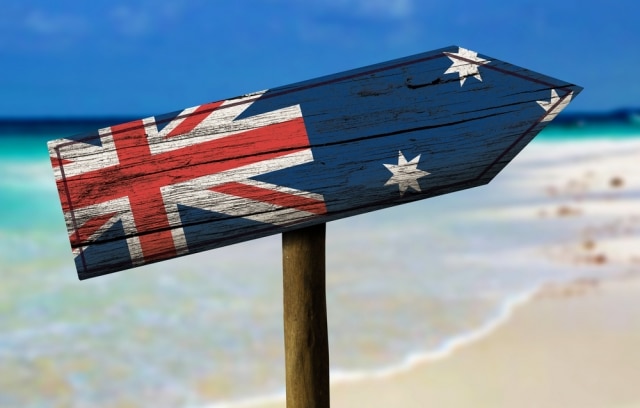Major coastal cities in Australia, that vast southern continent of perpetual surf, sun and endless barbeques, are facing a climate change bill of more than $203 billion in commercial, industrial and residential assets by the end of this century.
A new report by the Climate Council of Australia, Counting the Costs: Climate Change and Coastal Flooding, has found that coastal flooding and erosion caused by global warming will become a significantly larger problem with a projected sea level rise of 1.1 metres by 2100.
The report found that Australia is highly vulnerable to increasing coastal flooding because its cities, towns and critical infrastructure are mainly located on the coast.
Australia’s infrastructure has been built for the climate of the 20th century, the report said, and is unprepared for rising sea level.
“Coastal flooding is a sleeping giant,” the report said, “If the threat of sea level rise is ignored, the projected increases in economic damage caused by coastal flooding are massive.”
The 74-page report pointed out that the nation needs deep and urgent cuts in greenhouse gas emissions this decade and beyond if it is to avoid the most serious risks from rising sea levels and coastal flooding.
Noting many Australians live on or near the coastal centres of Sydney, Melbourne, Brisbane, Perth, Adelaide, Hobart and Darwin, the report said more than half of the nation’s coastline is vulnerable to erosion from rising sea level.
“In addition to the many lifestyle amenities from living on the coast, much of the nation’s critical infrastructure — transport, commercial, residential, defence — is located along our coastlines,” the report said.
“Virtually all of this infrastructure has been designed and built for a stable climate with known ranges of variability. But the climate system is no longer stable. Sea levels are rising and so are the risks they pose for our coastal infrastructure.”
Published by The Climate Council, a non-profit organization funded by donations by the public, the report rising sea levels pose risks for many of Australia’s species and iconic natural places, such as Kakadu National Park and the Great Barrier Reef.
The report also said rising sea levels are eroding the viability of coastal communities on islands in the Torres Strait and the Pacific, and in low-lying areas of Asia, increasing the likelihood of migration and resettlement.
Noting that climate change exacerbates coastal flooding from storm surges, the report also said that without adaptation coastal flooding around the world by 2050 could cost $1 trillion per year, which is about the size of Australia’s economy.
By 2100 the losses from coastal flooding are projected to be 0.3–9.3% of global GDP per year, the report said. “The high-end projection is a scenario for global economic collapse.”
Saying that over half the Australian coastline is vulnerable to erosion from rising sea levels, the report noted it is not only human infrastructure that is at risk from rising sea levels and coastal flooding.
“Large stretches of Australia’s coasts that are vulnerable to sea-level rise include coastal wetlands, saltmarshes, mudflats, mangroves, seagrass beds, rocky shores and sandy beaches,” the report said. “These provide important habitats for many species, including commercially and recreationally important fish and shellfish.”
The tourism sector, one of the nation’s most important economic drivers, is also vulnerable, the report said.
“Our spectacular coastline and natural marine habitats are central attractions for domestic and international visitors. Rising sea levels and increased coastal flooding pose great risks to the maintenance of our beaches and the attractiveness and access of many of our prime natural tourist attractions.”
The report concluded that the enormous risks of sea-level rise can be ultimately managed only by stabilising the climate system.
“This requires that greenhouse gas emissions are reduced deeply and quickly, and that the transition to a carbon-free global economy is achieved this century, the sooner the better. This is the critical decade for action. Now is the time to get on with the job.”
The independent Climate Council was formed after Australian Prime Minister Tony Abbott’s right-wing government dismantled the Climate Commission in September 2013. The federal government also cancelled the nation’s carbon tax in July. Abbott reportedly once referred to scientific evidence of climate change as “absolute crap.”
Image credit: Australia flag wooden sign on beach via Shutterstock.
Subscribe to our newsletter
Stay up to date with DeSmog news and alerts






